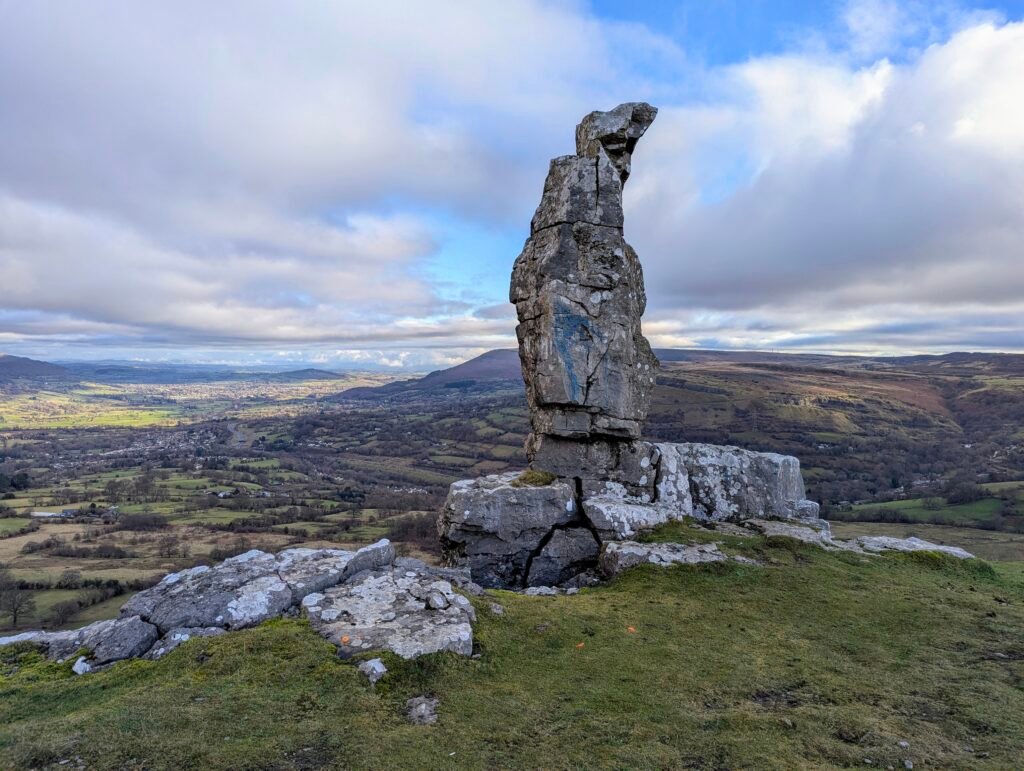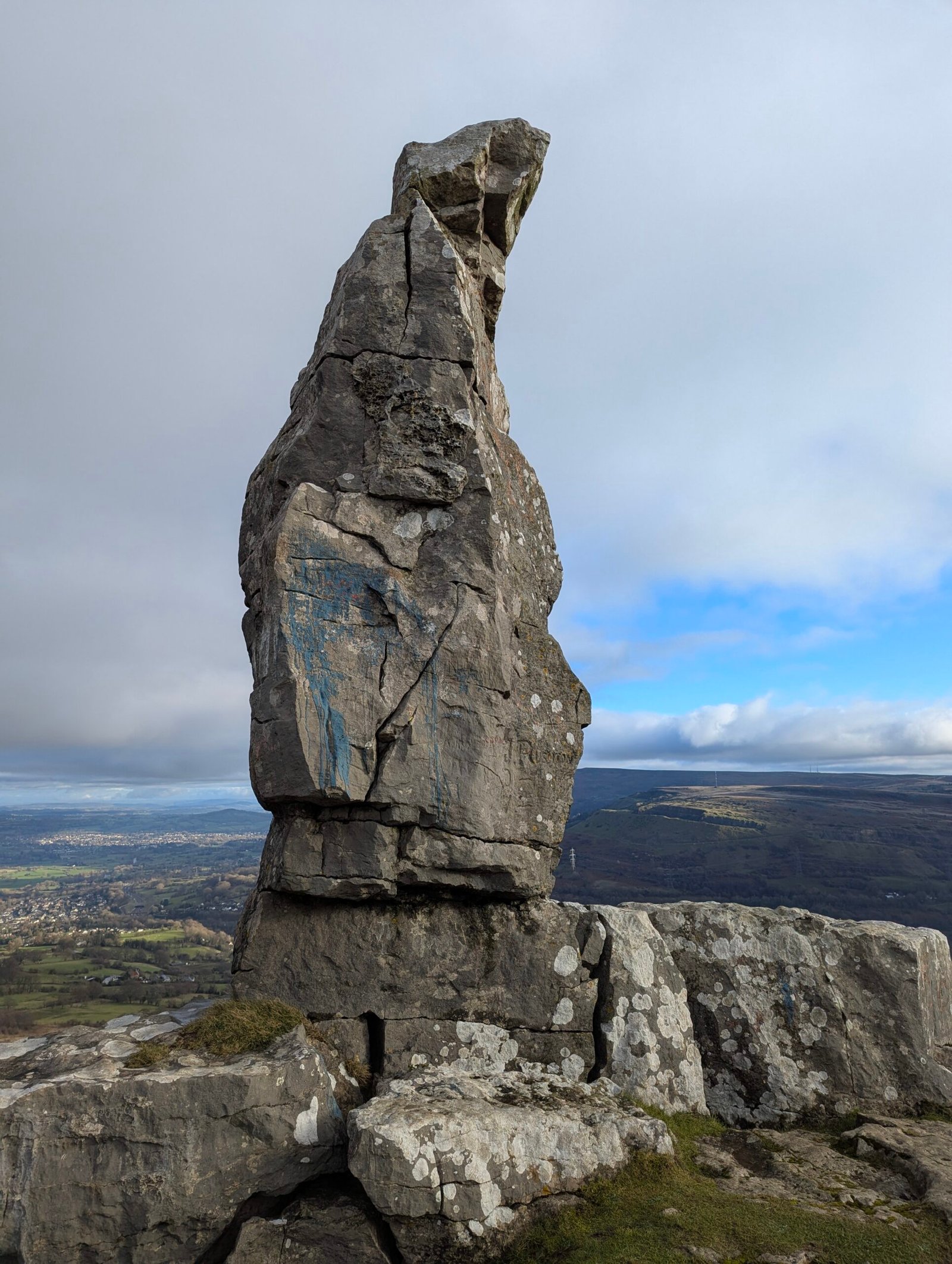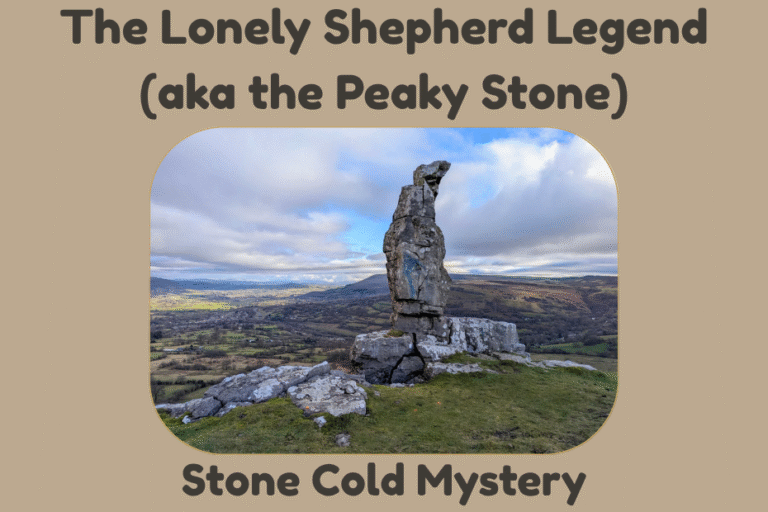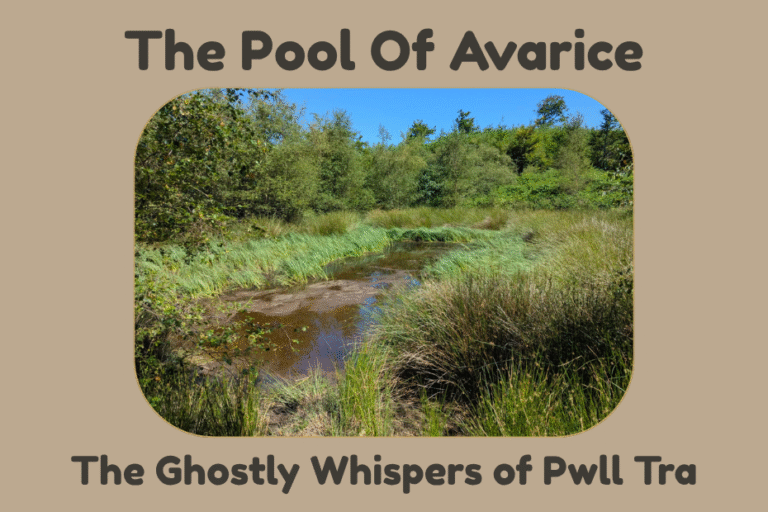The Lonely Shepherd Legend Poem: Echoes of Silence and Nature
Here’s one fresh from the darker corners of my brain – a tale that came to me while wandering the hills around Clydach Gorge. This one’s called The Lonely Shepherd legend poem, and let’s just say it’s not your usual countryside stroll. Think misty ridges, river ghosts, and a shepherd with more than a few demons.
Inspired by eerie local folklore (and a bit of my own imagination), this poem follows a man whose temper tore his world apart – and the curse that leaves him doomed to roam, calling out for forgiveness every Midsummer’s Eve.
Bit bleak? Yep. But sometimes the most haunting places deserve a haunting tale. Read on… if you dare.
⚠️ Trigger Warning: This poem contains themes of domestic abuse, alcoholism, and suicide, which some readers may find distressing. Please take care while reading.

The Lonely SHepherd
The Lonely Shepherd
To work as a shepherd is not for the lazy.
Out in all weather – it can drive you crazy.
In summer, the scorching sun.
In winter, with fingers numb.
This tale of a man who loved his wife,
Working all hours for a better life.
As the years went by, it started to show –
Cracks in their relationship began to grow.
Week by week, it was getting worse.
The shepherd turned to drink and curse.
Alone on the hill with just the sheep,
He’d sit with a bottle, ending up in a heap.
Coming around and strolling home,
All he hears is a constant drone.
Seeing her, his eyes full of red mist –
He says nothing, just clenched his fist.
As things got worse, his anger grew,
To the point where his fists, they flew.
Throwing things round the place,
Battered and bruised about her face.
From head to toe, beaten black and blue,
The poor woman didn’t know what to do.
Every night she’d be on the floor –
She reached a point she could take no more.
Mid-summer’s day, he left for work,
Not before shouting, going berserk.
Worse than ever he’d been before,
Her bruised body aching and sore.
Sat crying and looking at the sun,
Depressing thoughts, they did run.
Took her to a real dark place –
Time to quit the human race.
With the shepherd drunk upon the ridge,
She walked the path to the river bridge.
Stood on the brink, this broken wife,
Taking one step – she ends her life.
The Usk, a fast river, not like a stream,
Washed the body away, never to be seen.
He stumbled home, waiting for his tea.
After five minutes – where could she be?
“Has she left me?” he began to think.
“No worries – I’ll pour myself a drink.”
Next day upon the hill, sat in a ditch,
He sees an apparition – the Clydach Witch.
A spirit had told her of his wicked ways,
So she put a curse on him for the rest of his days:
“From this day forth, in stone you’ll be cast,
With just one night to amend your past.
On Midsummer’s Eve, you’ll come to life.
You must make peace and find your wife.”
Now every year, he lives in shame,
Running frantically, calling her name.
Richard Edwards

The Legend in Motion: Watch the Poem
I tried to capture the feeling of the old shepherd’s story in motion. This short video features the full narration of the poem set against the dramatic, misty landscapes that inspired it. Enjoy!
🐑 Behind the Lonely Shepherd Legend Poem
This poem was inspired by a darker twist on The Lonely Shepherd legend – one that’s haunted the hills near the River Usk for generations. If you’ve ever heard whispers of a shepherd turned to stone, cursed to roam the hills each Midsummer’s Eve, you’ll know the one.
I’ve written more about the folklore itself in The Lonely Shepherd Legend post – if you’re curious about the story behind the curse, where it supposedly happened, and what locals say today, go give it a read.
Just don’t visit the hills at dusk unless you’re ready to hear your name carried on the wind… 👀
🌕 One Last Thought…
Whether you take it as a warning, a ghost story, or just a grim old bit of local folklore, The Lonely Shepherd Legend poem taps into something real – how easily regret can turn into something that lingers.
I’m no poet (well, maybe I am now), but writing this one hit a bit different. The hills around here hold stories if you listen close enough – some sad, some strange, some that’ll stick with you.
If you’re still curious about the original legend, don’t forget to check out the main post. And hey, next time you’re out near the Usk on Midsummer’s Eve… keep an ear out. You never know what you’ll hear on the wind.





